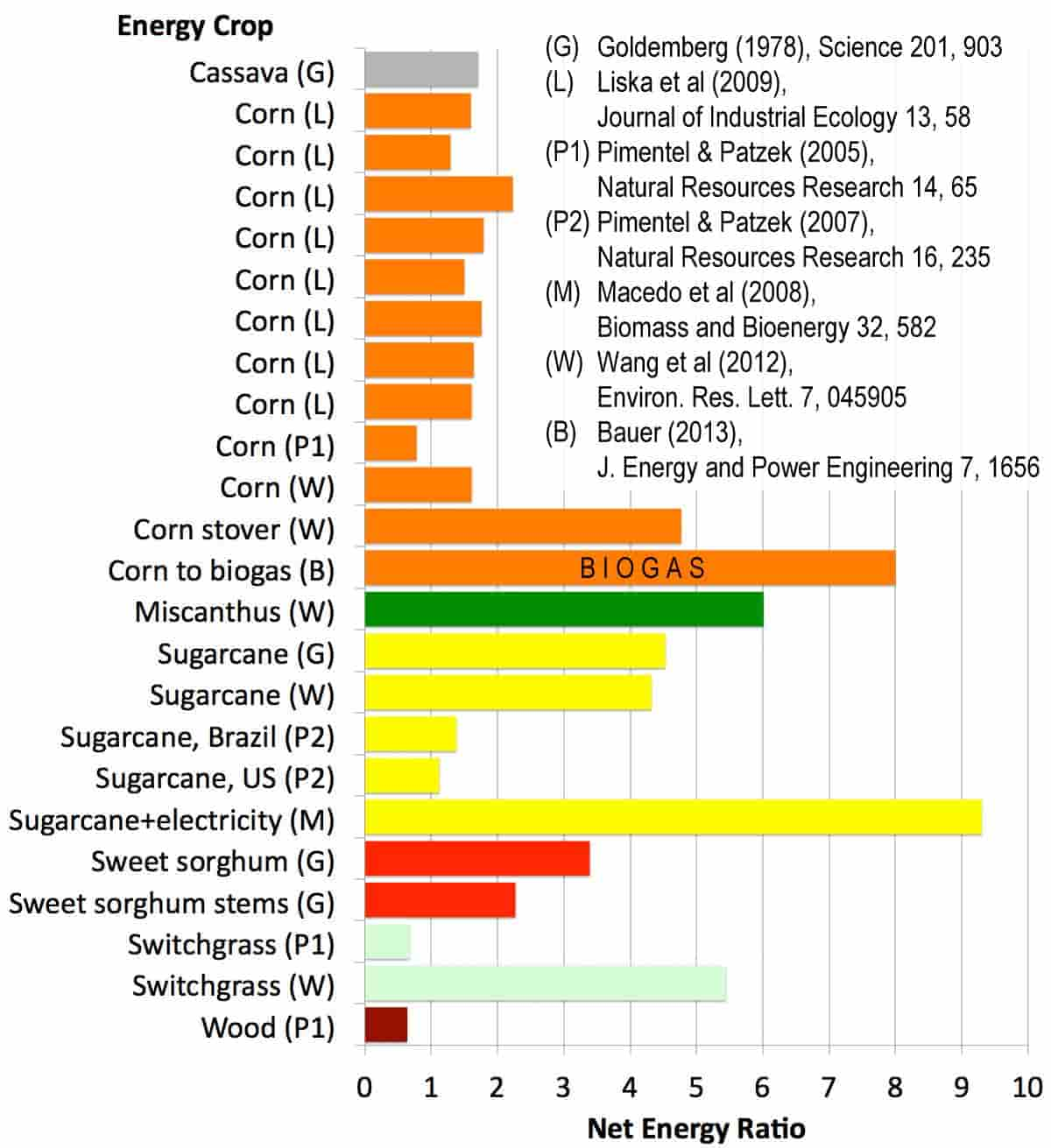
Wolgang Bauer
Michigan State University, USA
Title: Comparison of Bio-Ethanol and Biogas: Net Energy Ratio, Total Yield, and Greenhouse Gas Emissions
Biography
Biography: Wolgang Bauer
Abstract
Liquid and gaseous biofuels can have a significant impact on the reduction of fossil transportation fuels and thus make a large contribution to reducing global CO2 emissions. Examples for these biofuels include ethanol produced from sugarcane, sweet sorghum, corn, switchgrass, and other energy crops, but also biogas/methane produced from the same energy crops or algae cultures. However, it is of fundamental importance to consider all fossil fuel based inputs into the biofuel production in a life-cycle analysis. In addition, we need to optimize the total yield of biofuels per area of energy crops in order to minimize the conflict of fuel versus food, we need to reduce the use of artificial fertilizers as much as possible, and we need to minimize the net emissions of greenhouse gases in the biofuel production process. In this presentation I will evaluate different biofuels and compare them to each other, taking all of the above considerations into account.

Recent Publications:
- Bauer W (2013), Net Energy Ratio and Greenhouse Gas Analysis of a Biogas Power Plant, Journal of Energy and Power Engineering 7, 1656-1661.
- Bauer W and Westfall GD (2013) University Physics (2nd ed., McGraw-Hill).
- Bauer W (2015), Biogas Beats Bioethanol, Asia Pacific Biotech News 19 (8) (Biofuels), 16-17.
- Bauer W, et al. (2017), Integration of Research, Teaching, and Practice in the Implementation of the Michigan State University Energy Transition Plan, in ‘Handbook of Theory and Practice of Sustainable Development in Higher Education (Volume 4)’, Leal W, Kuznetsova O, de Sousa L, Kemp S (eds), (Springer, in print).
- Bauer W, Kirk D, Pueppke S (2017), Biofuels (World Scientific, in preparation)
